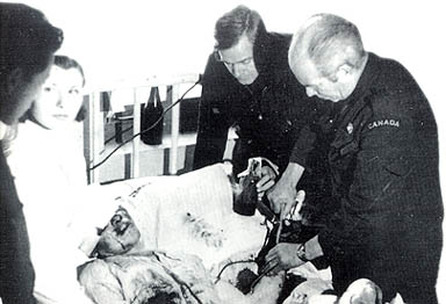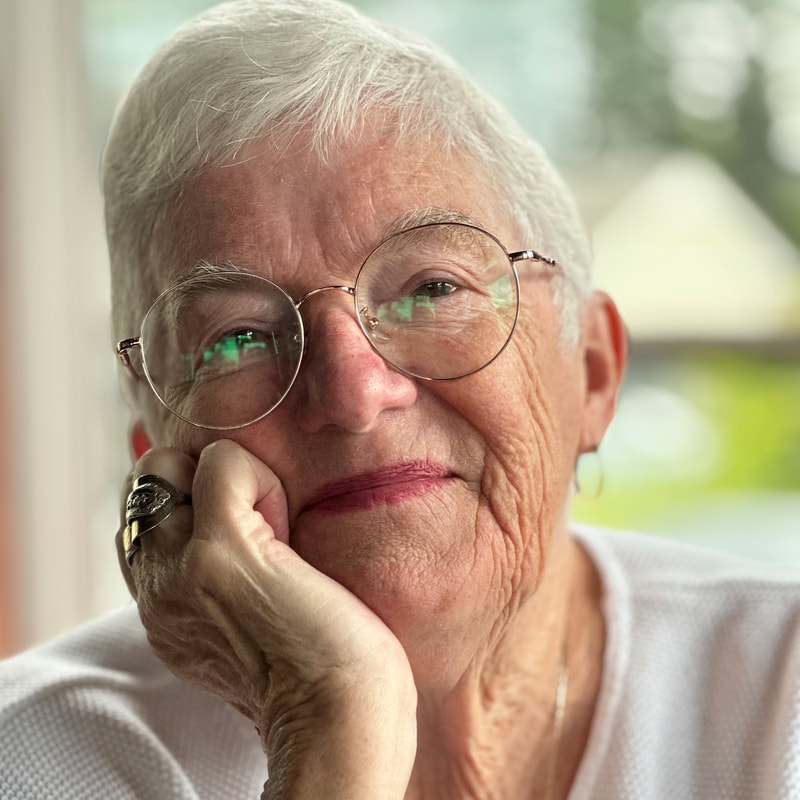Robert admired Dr. Norman Bethune for his medical genius and his determination to better the lives of victims of tuberculosis as well as for Bethune's innovations in thoracic surgery. Robert also benefitted, as did all surgeons of the time, from Bethune's re-design and development of at least twelve surgical instruments, many of which are still in use today. Dr. Bethune also wrote a large body of work describing his innovations in thoracic surgery and this still provides an essential reference for surgeons.
Robert's son, Dr. Douglas Ross, who had attended Bethune's lectures in Montreal in the early 30's, revered this Canadian surgeon. He admired Bethunes's proposed reforms, especially when, pre-medicare, Bethune opened a free clinic where he treated women, children and unemployed men during the years of the Great Depression.
Bethune was also a hero of the Spanish Civil War, where he is credited with developing mobile blood banks for battle field transfusion.
Robert's son, Dr. Douglas Ross, who had attended Bethune's lectures in Montreal in the early 30's, revered this Canadian surgeon. He admired Bethunes's proposed reforms, especially when, pre-medicare, Bethune opened a free clinic where he treated women, children and unemployed men during the years of the Great Depression.
Bethune was also a hero of the Spanish Civil War, where he is credited with developing mobile blood banks for battle field transfusion.
 Bethune doing mobile blood transfusion, Spanish Civil War 1938
Bethune doing mobile blood transfusion, Spanish Civil War 1938 At the beginning of WW II Bethune went to China. To this day he is considered a folk hero of the Chinese Peoples Republic.
Bethune's belief in the benefits of socialized medicine made him an unlikely hero to Robert, who also believed in helping others. This did not extend quite as far as Bethune's support for state medicine, however. Robert admired the man's medical brilliance but could simply not support him when Bethune joined the Communist Party in the late 1930"s.
Bethune's belief in the benefits of socialized medicine made him an unlikely hero to Robert, who also believed in helping others. This did not extend quite as far as Bethune's support for state medicine, however. Robert admired the man's medical brilliance but could simply not support him when Bethune joined the Communist Party in the late 1930"s.
To learn more about Dr. Norman Bethune, go to:
https://www.collectionscanada.gc.ca/physicians/030002-2100-e.html
http://chineseposters.net/themes/bethune.php
https://www.collectionscanada.gc.ca/physicians/030002-2100-e.html
http://chineseposters.net/themes/bethune.php
 RSS Feed
RSS Feed
